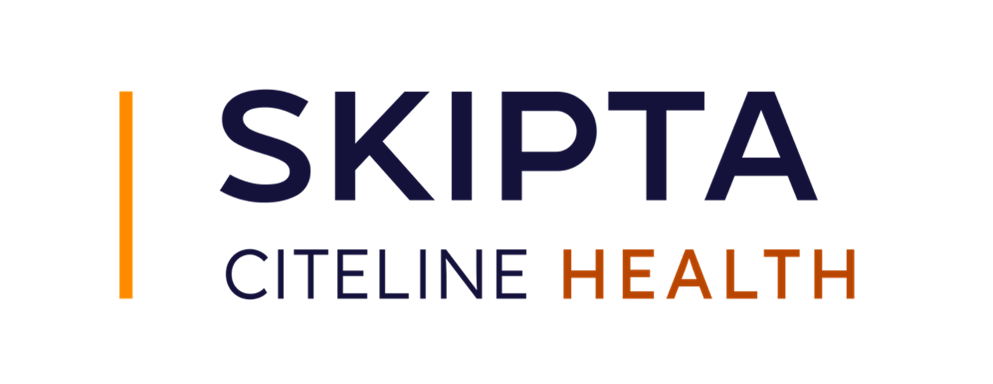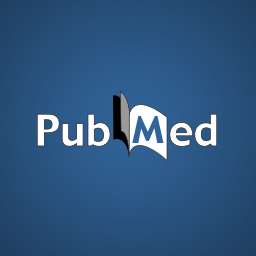BACKGROUND:
More than a third of patients with epilepsy are treatment resistant, and thus new, more effective therapies to achieve seizure freedom are needed. Cenobamate (YKP3089), an investigational antiepileptic drug, has shown broad-spectrum anticonvulsant activity in preclinical studies and seizure models.
Safety and efficacy of adjunctive cenobamate (YKP3089) in patients with uncontrolled focal seizures: a multicentre, double-blind, randomised, placebo-controlled, dose-response trial
BACKGROUND:
More than a third of patients with epilepsy are treatment resistant, and thus new, more effective therapies to achieve seizure freedom are needed. Cenobamate (YKP3089), an investigational antiepileptic drug, has shown broad-spectrum anticonvulsant activity in preclinical studies and seizure models.

